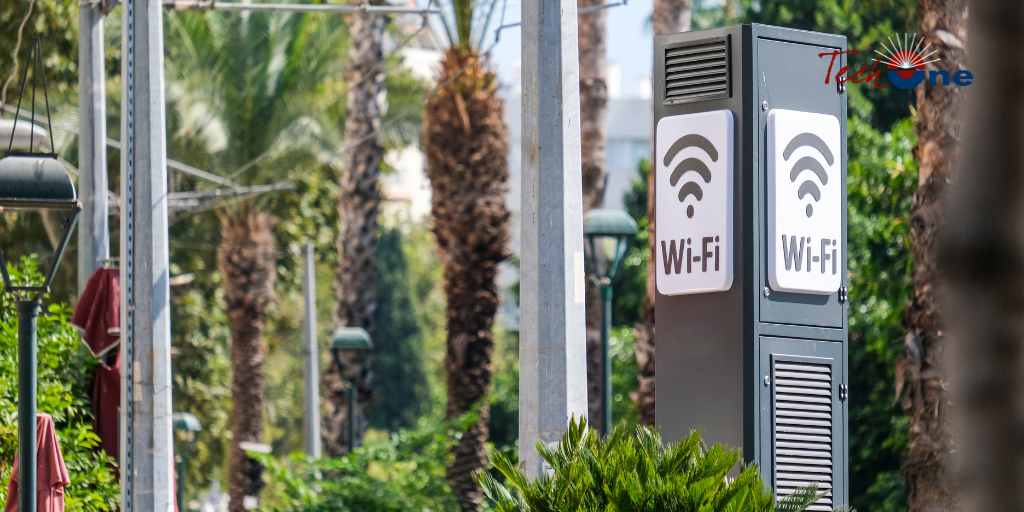In today’s fast-paced digital world, staying connected to the internet has become essential to our daily lives. Whether checking emails, browsing social media, or conducting business transactions, we rely on Wi-Fi networks for seamless online access. Public Wi-Fi networks in coffee shops, airports, hotels, and other public places, are convenient options for staying connected on the go. However, with convenience comes risks. These networks can pose significant security threats if not used carefully. Here we will explore the potential dangers of joining public Wi-Fi and provide essential tips on staying safe while using these networks.
Understanding the Risks
Public Wi-Fi networks are often unsecured, meaning cybercriminals can intercept the data transmitted over these networks. This puts your personal information, such as usernames, passwords, credit card numbers, and other sensitive data, at risk of being intercepted and exploited by hackers. Additionally, cybercriminals may set up fake Wi-Fi networks, also known as “evil twin” networks, that mimic legitimate networks to trick users into connecting. Once connected, these hackers can gain unauthorized access to your device and steal your data or install malicious software.
Tips for Staying Secure on Public Wi-Fi
Despite the potential risks, you can take steps to protect yourself when using these Wi-Fi networks. Here are some essential tips:
- Avoid using public Wi-Fi for sensitive activities- It’s best to avoid accessing sensitive information, such as online banking or making online purchases, on these Wi-Fi networks. Save these activities for secure networks, such as your home or office, where the connection is trusted and encrypted.
- Connect to trusted networks only- Be cautious when connecting to public Wi-Fi networks and choose only reputable and trusted networks. Avoid connecting to networks with suspicious names or networks that require no password for access.
- Use encrypted connections- Look for networks that offer encryption, such as WPA2 or WPA3, which provide a higher security level than unsecured networks. Encrypted connections encrypt the data transmitted between your device and the network, making it harder for hackers to intercept and exploit your data.
- Enable your device’s firewall- Make sure that your device’s firewall is enabled, as it adds a layer of protection against unauthorized access. Firewalls help block incoming connections and protect your device from potential cyber threats.
- Keep your device updated- Ensure that your device’s operating system, applications, and antivirus software are up to date. Updates often include security patches that address vulnerabilities that hackers could exploit.
- Avoid automatic network connections- Disable your device’s “auto-connect” feature, as it may automatically connect to networks without your permission. Manually select and connect to trusted networks only.
- Use a VPN- Consider using a virtual private network (VPN) to encrypt your internet connection and protect your data from interception. A VPN creates a secure connection to a server, encrypting your data before it’s transmitted over the internet.
- Be cautious with your online activities- Avoid accessing sensitive information or clicking suspicious links while connected to these Wi-Fi networks. Be mindful of the websites you visit and the information you share online.
While public Wi-Fi networks can be convenient, they have inherent risks. Be cautious when using these networks to protect your personal information and sensitive data from cyber threats.
If you are interested in a career in technology, visit www.techoneit.com/careers/, or if you are new to the industry, consider joining us as an apprentice. Click here to learn more: www.techoneit.com/technology-apprenticeship-program/




